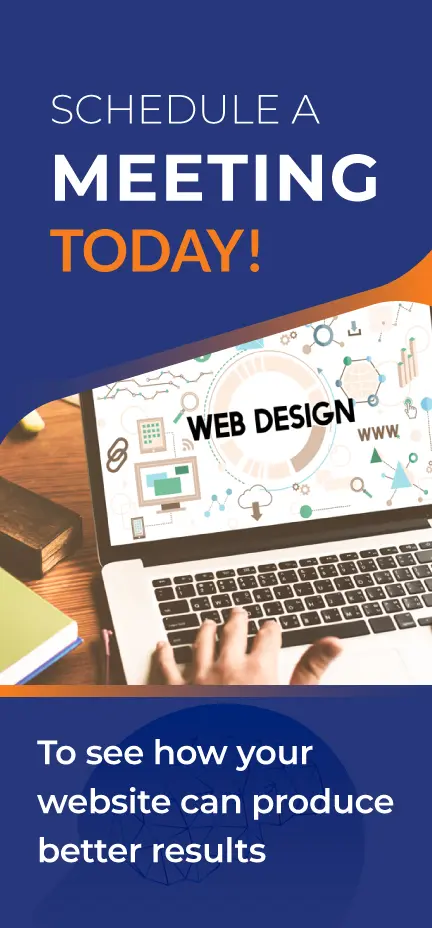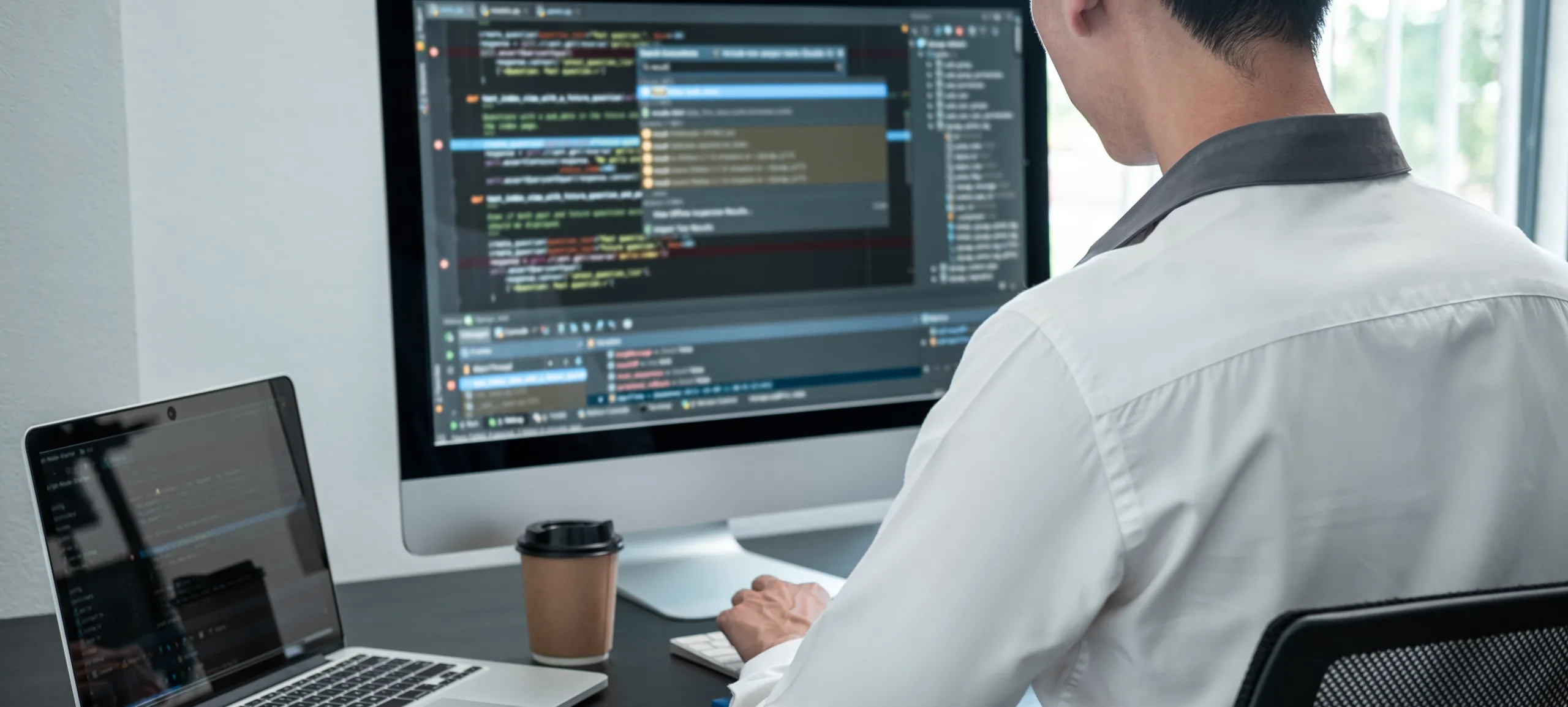WordPress website maintenance and security is not always well understood by many small businesses. Would it surprise you to learn that WordPress is one of the most popular Content Management Systems (CMS) according to W3Techs? Businesses like the WordPress platform so much because it is well supported by a strong developer community. The popular CMS offers a limitless amount of functionality from plugins and a seemingly infinite variety of eye-catching themes, too.
This built-in functionality makes it possible for small businesses to create websites with advanced functionality without hiring a coder to write all of the code from scratch. The downside to using WordPress or any other CMS is that your website administrator needs to stay on top of security updates and regular backups. This strategy keeps a business’ website secure from cyber attacks and keeps it running in tip-top shape.
A website can go down or inexplicably look broken for many reasons. Sometimes it can be a result of a cyber attack, but not always. Sometimes, a WordPress plugin has been updated and is not compatible with an updated version of the WordPress software. Plugin incompatability is one of the top reasons that can cause a site to go down or display in unexpected ways (i.e. missing images, plugins not working, missing content).
After maintaining thousands of WordPress websites, we have learned from experience why it is important to test each WordPress update and plugin and *always* back up as you conduct routine maintenance. Regular website maintenance and strong security protocols will protect your website from downtime, hackers, and unexpected bugs. The following five maintenance and security strategies will help keep your small business’ WordPress website secure and running smoothly.
1. Keep Your CMS Software Current
No matter which CMS you use, it pays to keep your software current to take advantage of enhanced security, bug fixes, and new functionality. WordPress rolls out major updates to its open-source software approximately every six months.
Whether you use WordPress or another CMS platform, be sure to do the research to determine how often your CMS is updated. Then, plan your website maintenance schedule around it.
2. Have a Disaster Recovery Plan
Make sure you have a plan of action in case you get that dreaded after-hours email or call asking “What happened to the website?”
In addition to having your website backed up with your host, you’ll want to be able to back up your site more often. Before updating plugins or doing extensive work to your website, back up your work as you go. Losing several hours of work is a bummer. Losing several days is worse.
Installing a plug-in or app that allows you to back up your site while you are working makes sense. A regular backup schedule, having an off-site backup, and being able to back up your site on the go are important tools to make it easier to restore your site if the unexpected arises.
3. Choose Your Plugins Carefully
If you are using WordPress themes and plugins on your website, they should be checked and updated regularly, especially after the WordPress software is updated. Updating themes and plugins will add functionality and eliminate security vulnerabilities.
Make sure that your plugin is compatible and back up your site before upgrading to save any unexpected headaches later on. As part of your regular maintenance routine, remove any functionality if you are not using it anymore.
Before you decide to use a plugin or theme on your site, always select them from reputable sources and read over the reviews, how many times they have been downloaded, and if the plugin is still being updated. We recommend using a plugin that a developer is maintaining, adding features, removing bugs, and addressing compatibility and security issues. Sometimes paid versions of plugins and themes is a wise investment because they often will continue improving them for years.
Whatever you do, we urge you to not use plugins, apps, or themes from sources that are not reputable, have few downloads, and are not being actively maintained. Many times “free” plug-ins may not be as free as you thought and contain malware in the code that could affect your site down the road.
4. Choose Your Password with Care
Pick a password that is long (8 characters or more) and that combines upper letters, lowercase letters, numbers, and symbols, and set a schedule to change your password on a regular basis. If you have more than one person working on your site, be sure they have good passwords and are changing them often as well.
There are password managers you can use to generate randomized, strong passwords and remember them for you.
Two-step authentication is another tactic you can use to keep your password safe and your website secure. Brute force cyber attacks that hackers use to guess your password using a computer to generate many combinations are rarely successful with two-step authentication in place. Phishing attacks that try to trick individuals into giving sensitive information, like a password, can also be stopped with double-factor authorization in place.
5. Install Anti-Virus on Your Personal Computer
Make sure your personal computer, laptop, and mobile devices are protected from viruses, malware, and hackers by installing anti-virus software on all of your electronic devices. Any attacks on your personal computer or that of a co-worker will not only affect you, but also your small business and potentially your website.
Ransomware attacks in particular are particularly frightening and occur when a hacker locks an individual out of access to their computer unless they pay a ransom. A Virginia school district was on the news after a ransomware incident. It can happen to anyone, which is why having a good anti-virus and anti-malware software can be helpful.
Creating common-sense limits to the number of people who can access the administrative area of your website is smart and can make your website more secure. Only give co-workers the access they need. If your small business works with contractors, be sure to update their access when their work for you has finished.
We Can Help You with WordPress Security and Maintenance
Cyber security and WordPress maintenance are two important tasks that every small business should be invested in. Websites are critical tools that entrepreneurs and small businesses use to attract new customers and get the job done, but that is difficult when a website goes down. Intelligent Evolution, Inc., is based in Alexandria, Virginia and serves small businesses, associations, and nonprofits locally and beyond with web development, website maintenance, and more.
Whether you are a solopreneur or have a small office, our tech-savvy experts help you with a backup strategy and disaster recovery plan and reliable website hosting for your WordPress or another CMS-enabled website. We can help you assess the security of your website and keep it maintained to protect your site from unexpected circumstances, hackers, viruses, and other technology gremlins. Contact us today for a free consultation.







